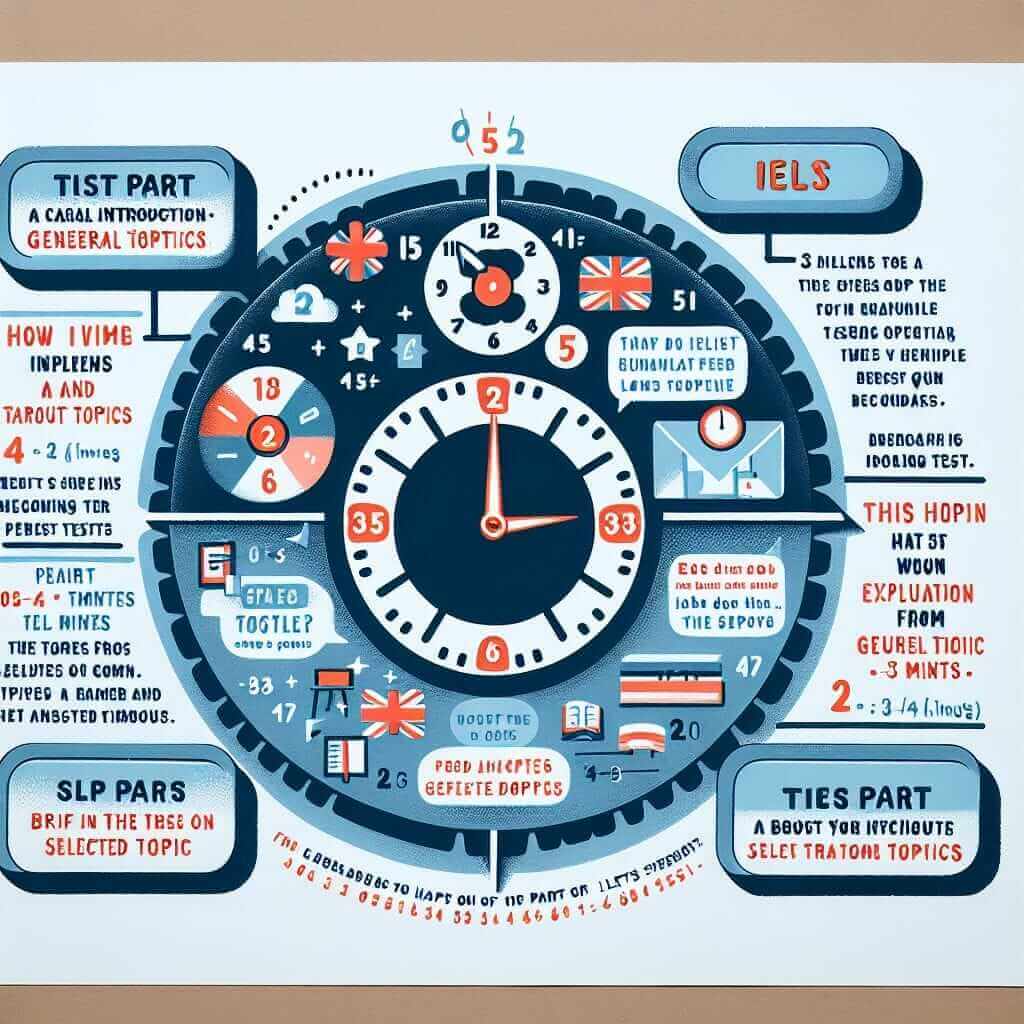The IELTS Speaking test often seems like the most daunting section for many candidates, but with the right preparation and strategies, you can achieve a high score. This comprehensive guide, written by an experienced IELTS instructor with over 20 years of experience, will delve into proven techniques and insider tips to help you excel in each part of the Speaking test.
Understanding the IELTS Speaking Test
The IELTS Speaking test is a one-on-one interview with a certified examiner, assessing your spoken English proficiency. It comprises three parts:
Part 1: Introduction and Interview (4-5 minutes)
This section covers familiar topics like your hobbies, work, or studies.
Part 2: Individual Long Turn (3-4 minutes)
You’ll receive a cue card with a topic and prompts, and you have one minute to prepare a 2-minute speech.
Part 3: Two-Way Discussion (4-5 minutes)
The examiner will engage you in a deeper discussion related to the topic in Part 2.
Key Strategies for Success
1. Fluency and Coherence
What it Means:
Fluency refers to your ability to speak smoothly and naturally, without excessive hesitation or repetition. Coherence means organizing your thoughts logically and using connecting words to guide the listener.
How to Improve:
- Practice Regularly: Engage in daily English conversations with friends, family, or language partners.
- Record Yourself: Listen back to identify areas for improvement in your pacing and pauses.
- Use Discourse Markers: Words like “furthermore,” “however,” and “on the other hand” can enhance the flow and logic of your speech.
2. Lexical Resource
What it Means:
Lexical resource assesses your vocabulary range and accuracy.
How to Improve:
- Read Widely: Expose yourself to a variety of English texts to learn new words and phrases.
- Keep a Vocabulary Notebook: Jot down unfamiliar words and their definitions for regular review.
- Use Synonyms and Paraphrasing: Show off your vocabulary by using a variety of words to express the same idea.
3. Grammatical Range and Accuracy
What it Means:
You’ll be evaluated on your ability to use a variety of grammatical structures correctly.
How to Improve:
- Review Grammar Rules: Brush up on essential English grammar, paying attention to tenses, articles, and prepositions.
- Practice Speaking in Different Tenses: Don’t be afraid to use complex sentence structures to demonstrate your range.
- Get Feedback from a Teacher: A qualified instructor can identify and correct recurring grammatical errors.
4. Pronunciation
What it Means:
Pronunciation focuses on your ability to speak clearly and be understood.
How to Improve:
- Focus on Sounds: Pay attention to individual sounds that are challenging for non-native speakers.
- Listen to Native Speakers: Mimic the rhythm and intonation patterns of fluent English speakers.
- Use Phonetic Transcription: Use dictionaries or online tools to understand the correct pronunciation of words.

Sample IELTS Speaking Test Questions and Answers
Part 1:
Examiner: What are your hobbies?
Candidate: One of my passions is photography. I enjoy capturing the beauty of everyday moments and sharing those stories through my pictures.
Part 2:
Describe a time you visited a museum that impressed you.
Candidate: A few years ago, I had the opportunity to visit the Natural History Museum in London. I was captivated by the dinosaur exhibit. Seeing the massive skeletons and learning about these prehistoric creatures ignited my imagination.
Part 3:
Examiner: What is the importance of museums in modern society?
Candidate: Museums play a vital role in preserving history, culture, and knowledge. They provide valuable educational opportunities for people of all ages.
Top Tips for IELTS Speaking Success
- Be Confident: Believe in your abilities and speak with conviction.
- Extend Your Answers: Provide detailed responses, but avoid rambling.
- Don’t Memorize: Examiners can easily spot memorized responses. Focus on communicating naturally.
- Ask for Clarification: Don’t hesitate to ask the examiner to repeat a question if needed.
- Practice Under Exam Conditions: Do timed mock tests with a teacher or language partner.
Conclusion
Achieving a high score in the IELTS Speaking test requires focused preparation and effective strategies. By concentrating on fluency, vocabulary, grammar, and pronunciation, and by practicing regularly, you can confidently demonstrate your English speaking skills and reach your desired score. Good luck!